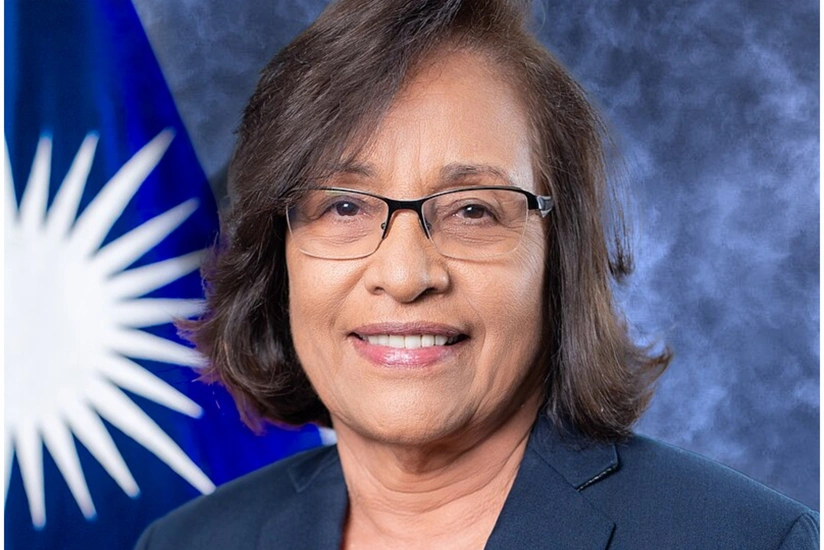Marshall Islands: The main question today is whether energy transition will be fair enough
- 12 November, 2024
- 13:26

The President of the Republic of the Marshall Islands, Hilda Heine, stated at the COP29 Leaders Summit in Baku that the new collective quantitative goal will only work if each party fulfills its commitments.
"Today, the question is not whether the energy transition will happen. The question is whether it will be fair and inclusive enough. We are moving away from fossil fuels, but we see other countries continuing extraction and using coal. No one can escape the consequences of the climate crisis. However, some countries suffer more than others because they lack sufficient resources," she said.
Heine noted that the Marshall Islands has its own strategy for the future based on clean energy transition and adaptation. However, more funds are needed as soon as possible to implement this strategy.
"Given that we are one of the most vulnerable countries, every aspect of our life will change during the energy transition. This includes infrastructure, education, healthcare, economy, and culture. We are trying to defend our right to financing, but this takes many years," she said.
According to Heine, the new collective quantitative goal will only work if each party fulfills its obligations. Despite having a small share in global emissions, we continue to make efforts to reduce it, but we don't see the same commitment from other countries, she said.
"Future generations will judge us by our concrete actions, by how we fulfill our commitments. Unity is important to solve problems. We can no longer rely on an international financial architecture that is stuck in the past and only reinforces greater inequality. International financial institutions must be reformed," she said.
The politician also emphasized that climate change is also a human rights issue, as every person has the right to a healthy environment. "Women and children will suffer the most if decisive action is not taken today. The Paris Agreement is a ray of hope that the whole world is focusing on today. Success depends on all of us," she said.
